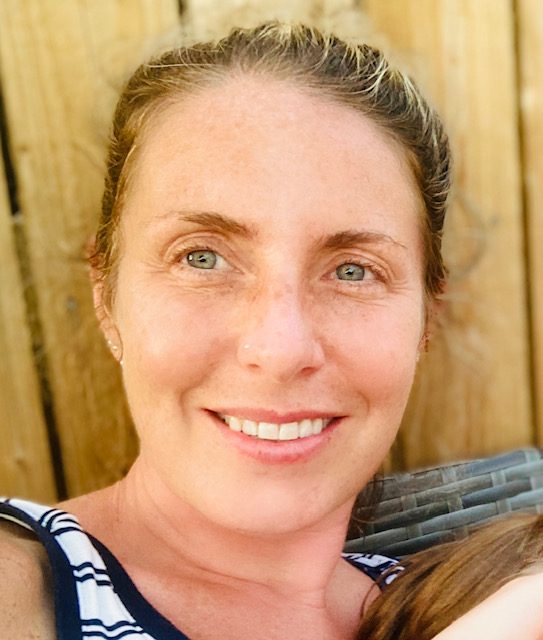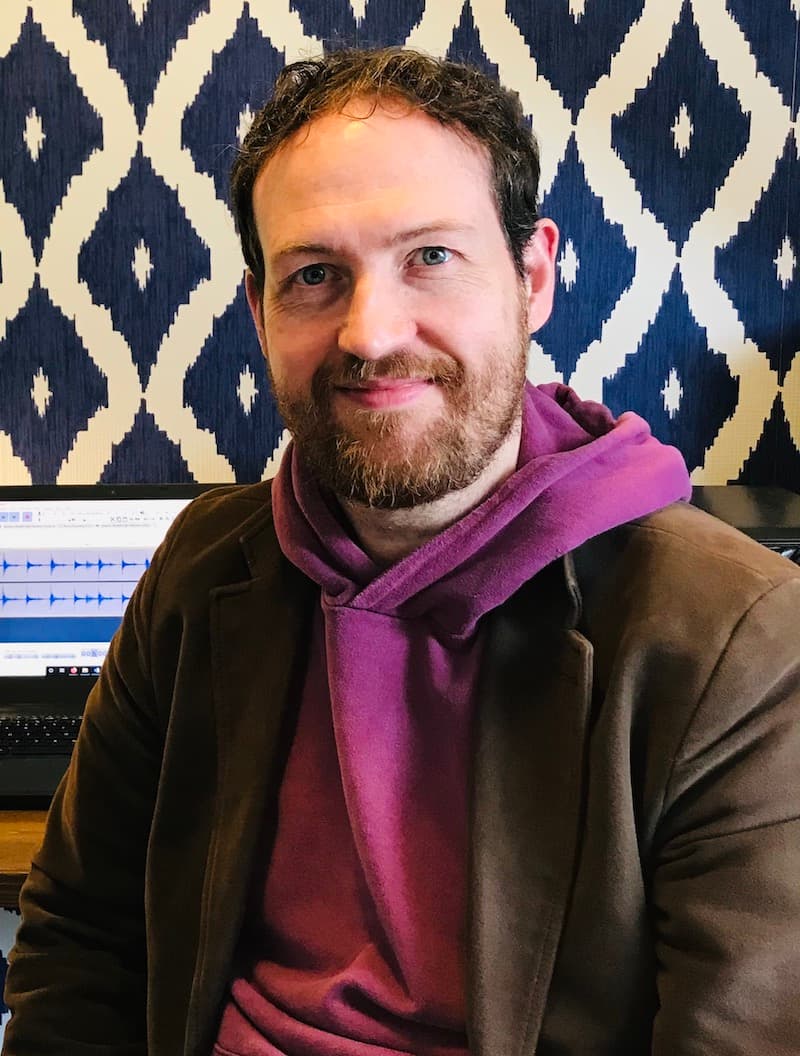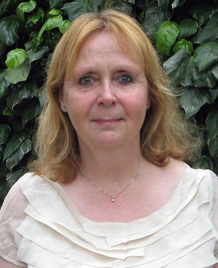Overview
The Wellbeing, Health and Communities (WHC) Pathway addresses the grand challenges for the health and wellbeing of individuals and communities, and engages with critical debates concerning the causes and effects of health inequalities within and between countries, along with the socio-political responses necessary to ensure equitable standards of good health amongst citizens from diverse backgrounds. Recognising that physical and mental health and wellbeing outcomes are inextricably linked to societal factors, this Pathway considers a range of interconnected challenges such as the impacts of gender, race and income on access to care and treatment; the shift towards an ageing society, rising care pressures and the promotion of healthy ageing; the disincentives and barriers to healthy living faced by individuals and communities; the impacts of changing patterns of employment, employability and unemployment on physical and mental resilience; the effectiveness and sustainability of established modes of healthcare provision; and, the nature of relations between patients and healthcare professionals. More broadly, the WHC Pathway engages with critical debates about health equity and justice to address the structural and/or policy barriers to health and wellbeing faced by the most marginalised in society.
Contributing disciplines
The WHC Pathway uses multi-disciplinary perspectives to tackle these grand challenges and draws on insights from the fields of sociology, psychology, health economics, public health, social care and social work, human geography, and education. The Pathway is also committed to close engagement with affected communities and those with lived experience of life-limiting conditions; and to working alongside health and social care professionals, bodies and organisations in order to influence public and social policy responses and healthcare outcomes.
Pathway training and development
The WHC Pathway provides training based around three domains. Firstly, developing research skills through training on specific methodological issues related to researching the health and wellbeing of marginalised communities, including using non-traditional creative methods, interviewing skills with marginalised groups and the importance of researcher reflexivity. Secondly, Pathway training encompasses an annual ‘grand challenge in contemporary communities’ seminar, exploring issues influencing health and wellbeing in communities such as inequalities in community settings, and the impact of the cost-of-living crisis on health and wellbeing in communities. Finally, the development of personal transferable skills is addressed through sessions on communicating research with different audiences.













